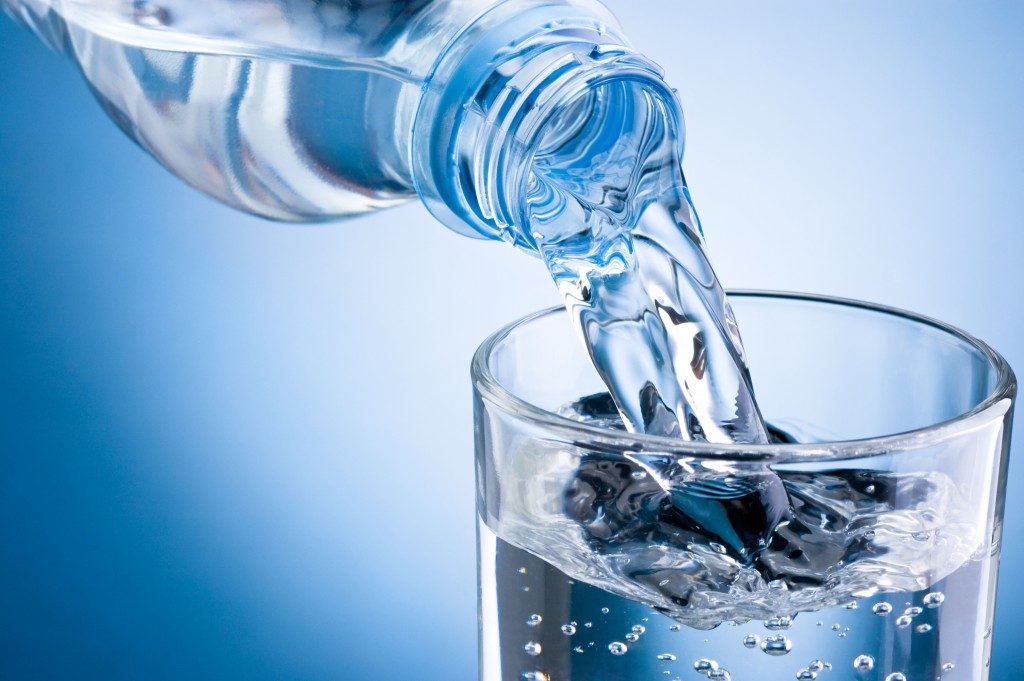Keeping your body hydrated is not just important during exercise or any other form of physical activity. Even if you aren’t active but are sweating because of the weather and rising temperatures, your body also loses fluid and therefore, needs to replace it. This then benefits your mood, brain, weight, as well as your heart health.
Your ticker on hydration and dehydration
Staying properly hydrated does your heart a favor. It assists the organ in pumping blood easily, which then allows the muscles in the body to work more efficiently. Cardiology centers in Richfield note that being well hydrated also means that your ticker doesn’t have to work harder. This promotes cardiovascular health, which makes some activities like climbing the stairs a little less difficult.
Dehydration, on the other hand, reduces blood volume, prompting the organ to work harder. This puts a strain on your heart, which then causes it to beat faster. Other repercussions include heart palpitations muscle cramps, dry mouth, and dark-colored urine. You should also know that dehydration can cause serious health conditions like gastroenteritis and heat stroke.
When you need to drink
Feeling thirsty is not the best indicator that you have to drink water; it means that you are already dehydrated. To find out if you need to drink more fluids, it is a good idea to check the color of your urine. Clear to pale yellow means that you are drinking enough water while dark yellow to light/dark brown indicates that you need to drink more.
The color of urine is a good indicator, but it isn’t the only one. Some of the signs that you need to drink more fluids include:
- Your mouth is dry.
- You feel tired and exhausted.
- Your skin is looking a bit tired or dull (with irritation, flaking, roughness).
- You have trouble going to the toilet (constipation).
- You tend to get muscle cramps.
How much you need to drink
 The amount of water you need will depend on a number of factors like the weather, intensity and duration of exercise, as well as the type of clothing worn. You should also know that certain health conditions (like diabetes, heart disease, and cystic fibrosis) may mean that you need to drink more water. The same is also true to medications that act as diuretics and cause your body to lose more fluid.
The amount of water you need will depend on a number of factors like the weather, intensity and duration of exercise, as well as the type of clothing worn. You should also know that certain health conditions (like diabetes, heart disease, and cystic fibrosis) may mean that you need to drink more water. The same is also true to medications that act as diuretics and cause your body to lose more fluid.
There are varying recommendations about the amount of water that is right for you daily. Some say that the eight glasses a day is reasonable, but some can function with more or less than the usual. You can experiment to find out what works for you or ask a doctor or a dietitian for a recommendation. This is especially true if you have health problems or are taking medications that cause water retention.
Nothing beats water
Water remains the best beverage for staying hydrated and quenching thirst. Fruits and vegetables also contain water, as well as other beverages like milk, tea, and juices. Sugary drinks like soda may also contribute to your fluid intake, but they are not always recommended. The same is also true sports drinks, which is best consumed during an intense or rigorous exercise.
Protect your heart and overall health by drinking enough water. Don’t forget to adopt healthy lifestyle habits and consult your doctor for other recommendations on staying healthy.


